Belgian FM sees "new conditions for Serbia"
Belgian Foreign Minister Didier Reynders says he is under the impression that new conditions are imposed on Serbia ahead of the European Council meeting.
Friday, 23.11.2012.
12:32

BELGRADE Belgian Foreign Minister Didier Reynders says he is under the impression that new conditions are imposed on Serbia ahead of the European Council meeting. He told daily Vecernje novosti that he hoped that Serbia would at least get a conditional date for the beginning of the EU talks in December. Belgian FM sees "new conditions for Serbia" The Belgian minister said that he was under the impression at the European Council meeting last December that the member states were adding new conditions for Serbia. “This surprised me a little. I was under the impression that they asked Serbia to fulfill certain things that can only be done when the process starts. This is why everything is uncertain now,” he was quoted as saying. Reynders pointed out that results in the Belgrade-Pristina dialogue were very important and that they could help Serbia start a new phase of the EU integration process. He noted that some EU member states had launched an initiative to send Serbia a “positive message” at the next European Council meeting in December, adding that Belgium had always had such an approach and wanted Serbia and the entire Western Balkans, to make progress on the EU pathway. “My personal belief is that the Balkan countries should be a part of the EU. It is pretty unbelievable that 100 years after the star of WWI we still cannot manage to integrate the Balkans in the European process. We were witnesses of events from 20 years ago when the EU showed inability to solve security issues at its own borders,” the Belgian minister stated. According to him, there is a challenge of the EU development, both geo-political and historical, which is “pretty logical” but there are also rules that demand respect of the Copenhagen criteria on a political plan “and later when it comes to the debate on Serbia, relations with Kosovo are directly on the table”. “We tried in the end of the last year and in the beginning of this one to make progress that allowed us to finish an important European phase. We need to see further concrete progress between Belgrade and Pristina. On both sides, of course,” Reynders pointed out. He said that there was a concern after the election of the new Serbian government “over the candidates’ profile” but that “one can reach an agreement with even the most difficult ones”. When asked whether Serbia would have to agree to “good neighborly relations” with Kosovo in order to move forward on the EU pathway, Reynders said that he now expected the Belgrade-Pristina dialogue to make real progress and solve certain issues. “At the moment, it does not include the recognition. It is well-known that European countries are still divided over the recognition of Kosovo’s independence,” the Belgian official added. “If all European countries recognized Kosovo, it would be difficult to imagine the integration if a certain member state did not recognize its neighbor,” he explained. “But we do not have such a situation. We are at a much earlier phase, we are staring the process and what we want is stabilization, to solve a certain number of issues regarding minorities,” Reynders stressed. When asked whether Serbia should expect reintroduction of visas, he said that he could not say anything at the moment. “We will request an estimate from our national services and EC’s services in order to form an opinion,” he said, adding that Belgium advocated a system of free movement provided that a readmission system was well-organized. “Because if one day countries should join the Union, then citizens should have an opportunity to move freely if the want to, but in legitimate conditions,” Reynders concluded. Didier Reynders and Belgian PM Elio Di Rupo (Beta/AP, file) Tanjug Vecernje novosti
Belgian FM sees "new conditions for Serbia"
The Belgian minister said that he was under the impression at the European Council meeting last December that the member states were adding new conditions for Serbia.“This surprised me a little. I was under the impression that they asked Serbia to fulfill certain things that can only be done when the process starts. This is why everything is uncertain now,” he was quoted as saying.
Reynders pointed out that results in the Belgrade-Priština dialogue were very important and that they could help Serbia start a new phase of the EU integration process.
He noted that some EU member states had launched an initiative to send Serbia a “positive message” at the next European Council meeting in December, adding that Belgium had always had such an approach and wanted Serbia and the entire Western Balkans, to make progress on the EU pathway.
“My personal belief is that the Balkan countries should be a part of the EU. It is pretty unbelievable that 100 years after the star of WWI we still cannot manage to integrate the Balkans in the European process. We were witnesses of events from 20 years ago when the EU showed inability to solve security issues at its own borders,” the Belgian minister stated.
According to him, there is a challenge of the EU development, both geo-political and historical, which is “pretty logical” but there are also rules that demand respect of the Copenhagen criteria on a political plan “and later when it comes to the debate on Serbia, relations with Kosovo are directly on the table”.
“We tried in the end of the last year and in the beginning of this one to make progress that allowed us to finish an important European phase. We need to see further concrete progress between Belgrade and Priština. On both sides, of course,” Reynders pointed out.
He said that there was a concern after the election of the new Serbian government “over the candidates’ profile” but that “one can reach an agreement with even the most difficult ones”.
When asked whether Serbia would have to agree to “good neighborly relations” with Kosovo in order to move forward on the EU pathway, Reynders said that he now expected the Belgrade-Priština dialogue to make real progress and solve certain issues.
“At the moment, it does not include the recognition. It is well-known that European countries are still divided over the recognition of Kosovo’s independence,” the Belgian official added.
“If all European countries recognized Kosovo, it would be difficult to imagine the integration if a certain member state did not recognize its neighbor,” he explained.
“But we do not have such a situation. We are at a much earlier phase, we are staring the process and what we want is stabilization, to solve a certain number of issues regarding minorities,” Reynders stressed.
When asked whether Serbia should expect reintroduction of visas, he said that he could not say anything at the moment.
“We will request an estimate from our national services and EC’s services in order to form an opinion,” he said, adding that Belgium advocated a system of free movement provided that a readmission system was well-organized.
“Because if one day countries should join the Union, then citizens should have an opportunity to move freely if the want to, but in legitimate conditions,” Reynders concluded.










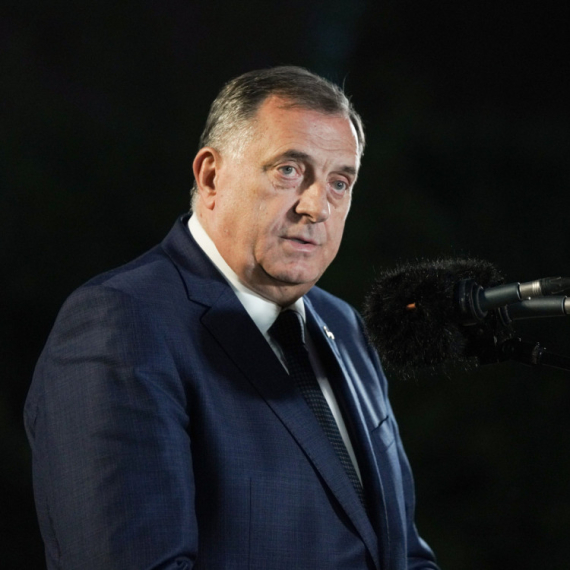

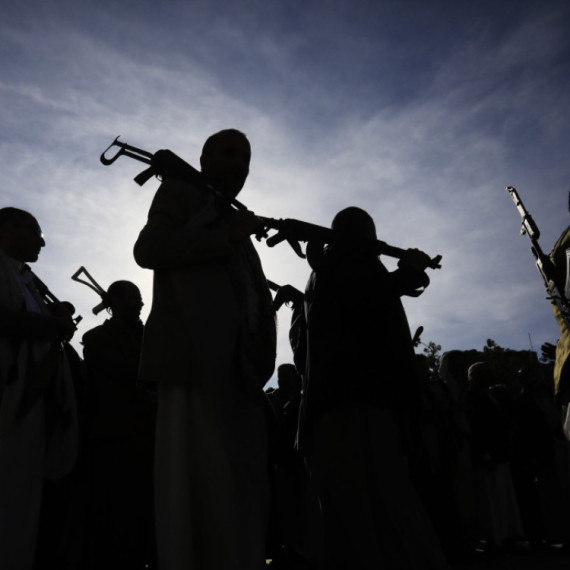


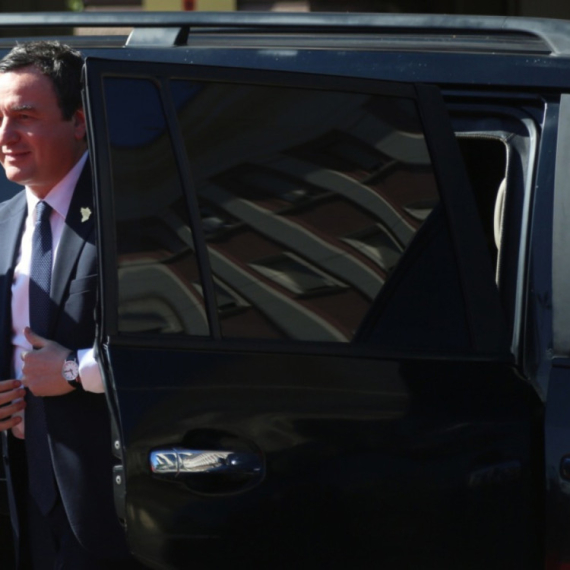
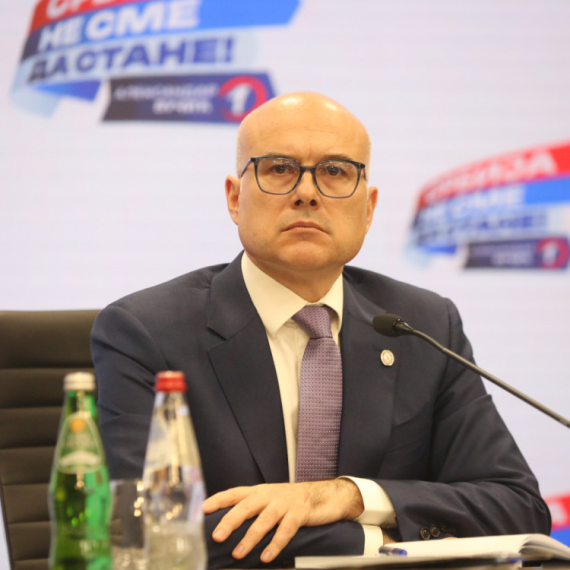





























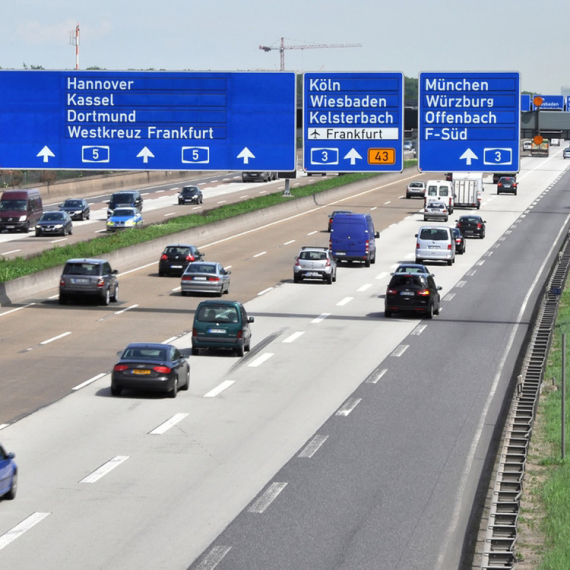
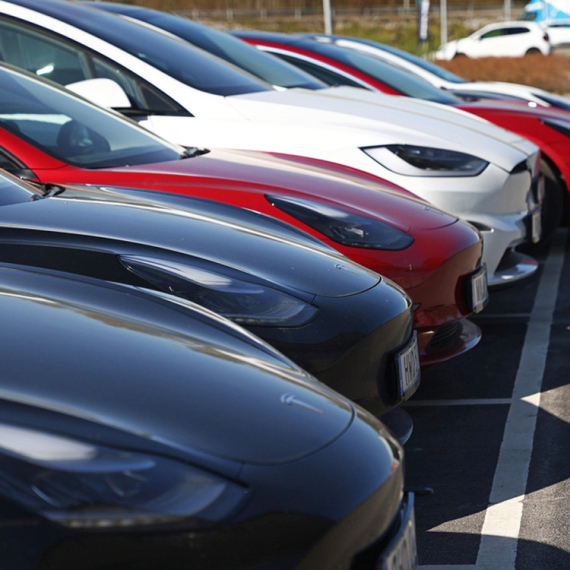




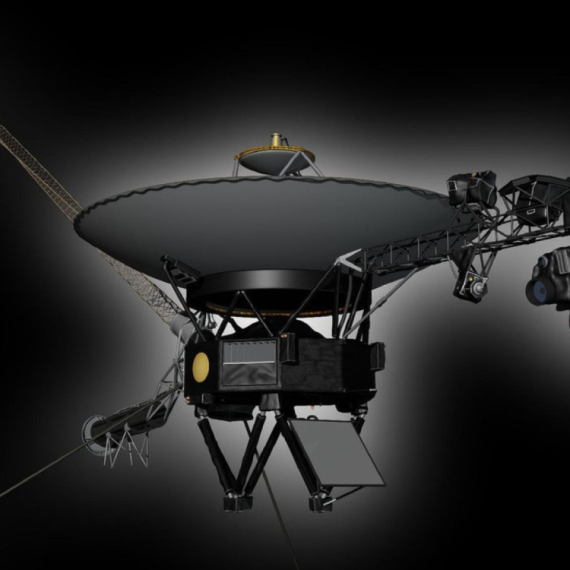




Komentari 9
Pogledaj komentare